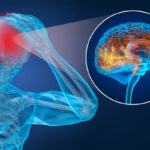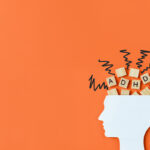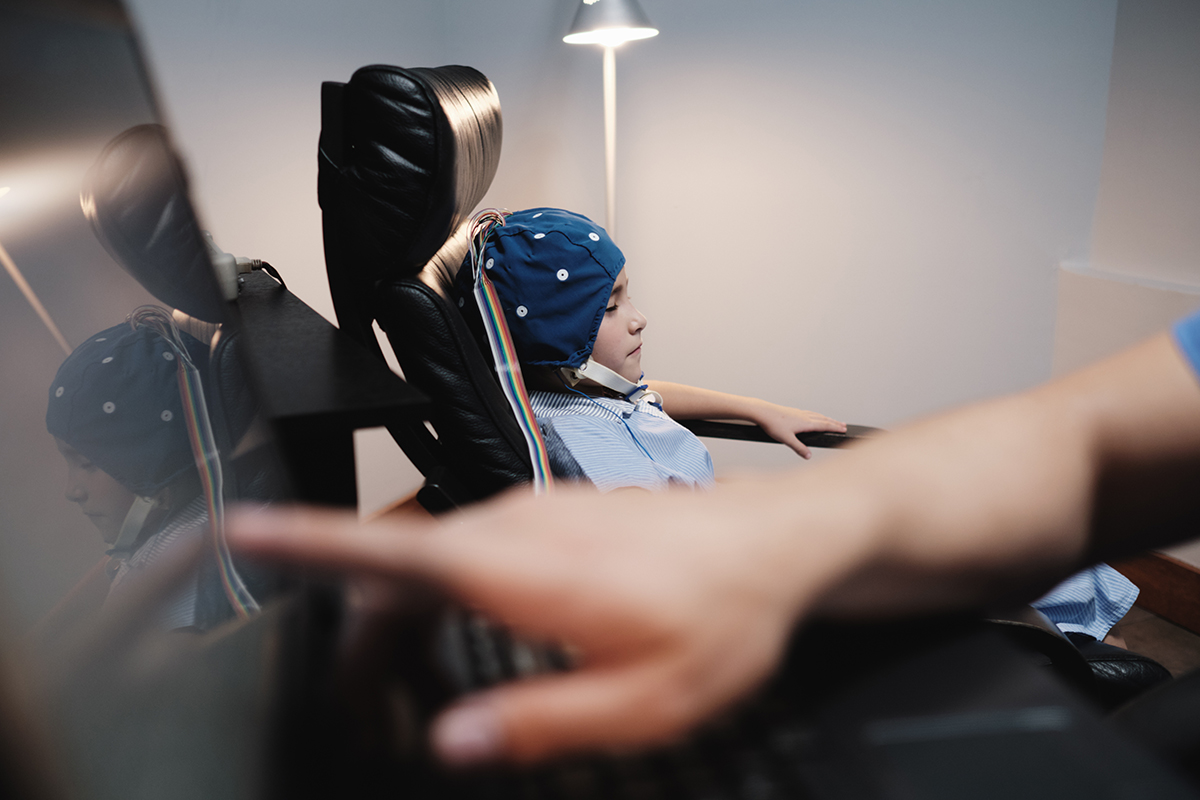Attention Deficit Hyperactivity Disorder (ADHD) causes impulsive behavior and inattentiveness that interferes with a patient’s ability to concentrate. A nationwide shortage of Adderall, the drug commonly used to treat ADHD, has parents and patients worried. Adderall is a stimulant that increases dopamine and norepinephrine levels in the brain, helping improve focus.
Without medication, patients face challenges in their social interactions, education, and careers. Parents and patients need alternative treatment to help overcome the medication shortage. The good news is that neurofeedback treatment provides an effective alternative to stimulants, retraining the brain to improve focus.
What Causes ADHD Symptoms?
The brain emits three types of waves when we are awake:
- Alpha waves occur in a relaxed state when the brain is not interacting or thinking actively.
- Beta waves occur during interactions requiring concentration, problem-solving, and thinking.
- Theta waves occur when drowsy, daydreaming, or experiencing thoughtless, restless overactivity.
For ADHD patients, the balance of these brain waves is out of sync. They have too many theta brain waves and not enough beta waves. Therefore, treatments must focus on “normalizing” brain waves to achieve balance. Because stimulants like Adderall increase dopamine and norepinephrine levels, it helps patients normalize brain activity. However, neurofeedback treatment is an excellent alternative to stimulants as it helps retrain brain activity naturally.
What is Neurofeedback?
Neurofeedback addresses low arousal levels in the frontal brain area common in patients with ADHD. It helps train the brain to increase beta waves and reduce theta waves to manage common symptoms of ADHD.
How Does Neurofeedback Work?
Neurofeedback treatment helps optimize brain function in ADHD patients. It monitors brain activity to provide feedback to patients when their brain activity is not optimized. Techniques teach the patient to improve brain waves using a reward system. Sensors are placed on the patient’s head while they watch a movie or play a video game.
As the movie or game plays, the sensors monitor the brain waves to detect when the brain is distracted. When brain activity is optimal, the game or movie continues. The game or movie is disrupted when the activity indicates the brain is no longer engaged. The interruption tells patients their brain activity needs to change. This allows the patient to learn what activity triggers the disruption and what allows them to continue. As patients see the disruptions, they must learn how to adjust their brain activity to resume the movie or game. Each session allows the patient to improve their brain activity, reducing the need for medication.
What Does Neurofeedback Achieve?
Neurofeedback therapy increases the brain’s frontal lobes responsible for attention, concentration, and multi-tasking. The patient learns how to create brainwaves that keep them focused and calm to reduce hyperactivity, distractibility, and impulsive behavior. The therapy naturally strengthens and retrains the brain to treat ADHD without the need for stimulants effectively. It has a long-lasting impact, changing behaviors that last a lifetime.
Neuropsychological Testing Can Diagnose ADHD
One of the most effective methods of diagnosing ADHD is through neuropsychological testing, a process of problem solving to try and determine the core components of a person’s psychological or mental health problems, personality, IQ, or some other component. In addition to ADHD, neuropsychological testing can diagnose personality disorders (borderline or narcissistic), depression, anxiety, and bipolar disorder.
The Chicago Mind Solutions Difference
Chicago Mind Solutions works with individuals, offering neuropsychological testing and non-invasive treatment for many mental health conditions. For more information about our treatments and teletherapy options, please contact us at (224) 723-5050 or email info@chicagomindsolutions.com.






